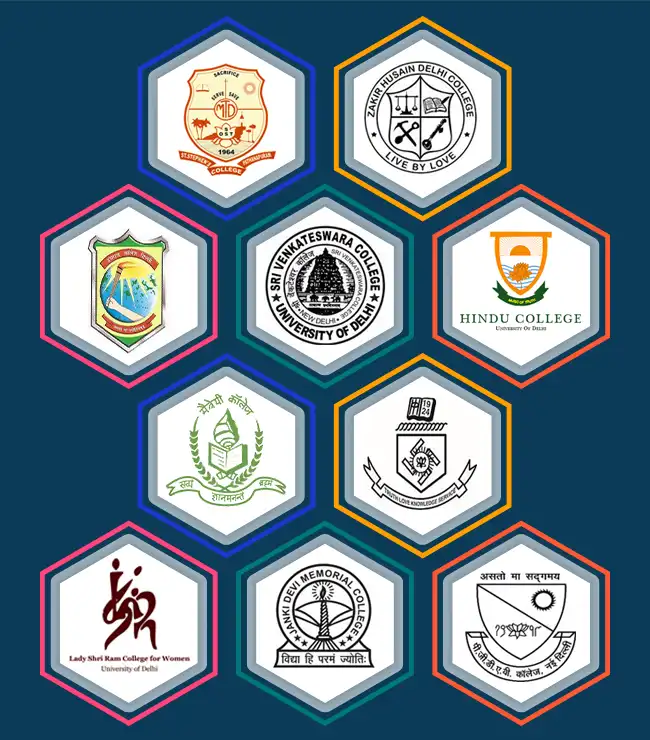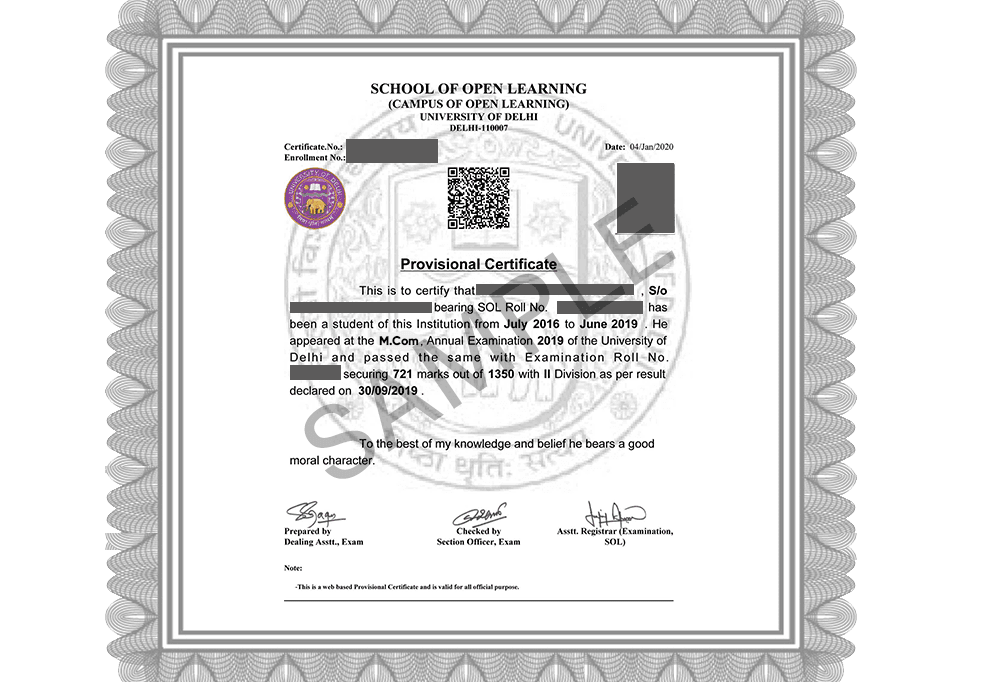Delhi University MCA Syllabus: Detailed Information
Delhi University opens applications every year in July and August for the next academic batch. The application form filling time for this year is already closed however, it will shortly open again for the next intake. For further details on admissions, please visit the official DU website. The university periodically modifies the course to their benefit, emphasizing practical subjects to improve students' hands-on comprehension. Additionally, this course offers project assistance to help students obtain meaningful professional experience. Please visit Delhi University's official website for further information.
MCA Course Structure
MCA is a 3-year post-graduate program at Delhi University and is further classified into 6 semesters. This degree is divided into 3 years and each year is a combination of 2 semesters. Students are advised to clear their subject credits at the end of every semester. As this course has a combination of both core and elective subjects, the elective subjects started in semester 2. Semester 6 only has a project work for the students.
- The total credits for this program's core subjects are 105 credits
- The credit score for the elective subject of this program is 43 credits
- The overall credits of this program are 148 and students need to achieve this score to get the degree.
List of Colleges that offered MCA courses at Delhi University
Here is the list of various colleges that come under Delhi University and offer the MCA program mentioned below:
- St. Stephen's College
- Department of Mathematics (North & South Campus)
- Zakir Husain Delhi College
- Hansraj College
- Sri Venkateswara College
- Hindu College
- Maitreyi College (W)
- Inderprastha College for Women (W)
- Lady Shri Ram College for Women (W)
- Janki Devi Memorial College (W)
- PGDAV College
- Kirori Mal College
- Dayal Singh College
- Miranda House (W)
- Acharya Narendra Dev College
- Ramjas College
- Deshbandhu College
- Sri Guru Tegh Bahadur Khalsa College

List of MCA Subjects
Here is the list of the core subjects of the MCA program, for a better understanding:
|
|
|
|
|
|
|
|
|
|
|
|
|
|
|
|
|
|
|
|
|
|
|
|
|
|
|
|
|
|
|
|
|
|
|
|
|
|
|
|
|
|
|
|
|
|
|
|
|
|
|
|
|
|
|
|
|
|
|
|
|
|
|
|
|
|
|
|
|
|
|
|
|
|
|
|
|
|
|
|
|
|
|
|
|
|
|
|
|
|
|
|
|
|
|
|
|
|
|
|
|
|
Here is the list of elective subjects with the department:
|
|
|
|
|
|
|
|
|
DU SOL Sample Certificate
Earn a UGC & AICTE, NAAC A++ -recognised degree from DU SOL
- Learn from the best faculty and industry experts.
- Become a part of the DU SOL Alumni network.
- Build job-ready skills to get ready for the workforce.

Who is Eligible for MCA course
- Students need to successfully clear their entrance exam (CUET-PG) with a decent score.
- Graduate from any recognized council with a core subject in mathematics and computer application.
- Must have a minimum percentage of 60% for general categories and 55% for the other categories (SC/ST/OBC).
- The council didn’t set any age bar till now.

DU SOL Admissions FAQ
The MCA syllabus at Delhi University comprises core subjects like computer programming, database management, and software engineering, and elective courses focusing on specialized areas such as AI, cybersecurity, or mobile computing.
Yes, the MCA syllabus includes practical components like lab sessions, projects, and internships to provide hands-on experience in various aspects of computer applications.
The MCA syllabus undergoes periodic updates to align with the latest industry trends and technological advancements, ensuring students receive relevant and updated knowledge.
Yes, students have the flexibility to select elective courses based on their interests and career goals, allowing them to specialize in areas like machine learning, cloud computing, or data analytics.
Yes, the MCA program typically includes a mandatory project or dissertation in the final year, providing students with an opportunity to apply their knowledge to real-world problems and showcase their skills.
